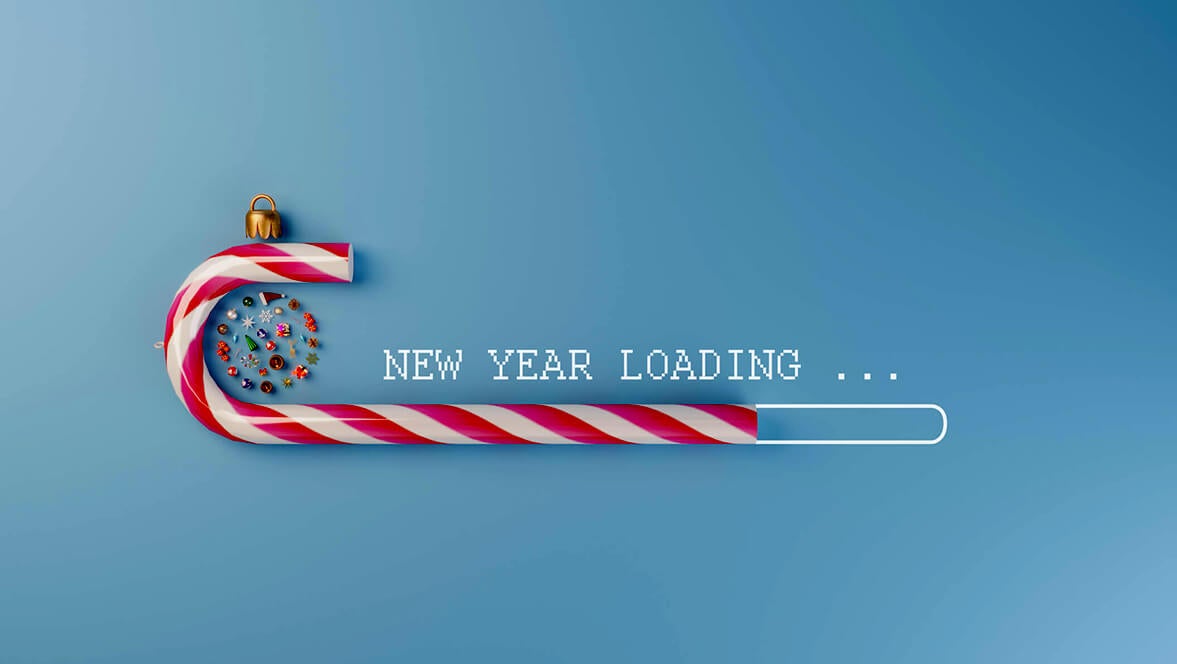
While the world lamented 2020’s unprecedented disruptions, Christopher Madison, Chief Executive Officer of dentsu Kenya, says it could be just what your business needs
When I scroll through LinkedIn, watch Bloomberg, or visit a news website, there are two threads that dominate: how businesses have been impacted by COVID-19 and the world’s desire to return to normal. Emboldened with optimism from the Pfizer-BioNTech, Moderna and other vaccines, a return to normalcy is being incorporated into everyone’s 2021 strategy. Before we start to congratulate each other for surviving a pandemic, let’s not forget that we’ve seen a glimpse of our industry’s susceptibility to disruption. Like Ebenezer Scrooge, we were all visited by the ghosts of the past, present, and yet-to-come.
Disrupting an industry means more than just start-ups gaining market share from incumbents. In the past, disruption was viewed as an enigmatic, indiscriminate and unpredictable event. Articles described it as something that happens to the industry in ways that are beyond everyone’s control. Those views may have been valid at one time, but they no longer apply. For example, the advent of digital infrastructure across African markets has made many industries susceptible to disruption.
The world gained many different perspectives in 2020. The present tells us disruption can squeeze out inefficiencies, advance emerging technologies and create new business models to serve changing customer needs and income levels.
Uber on the African continent is a great example. Anyone who had ever been caught negotiating with a taxi driver on a rainy evening in Nairobi knew that the customer experience needed to change. In June 2015, when Uber finally started operating in Nairobi, it moved the negotiation off the rainy streets and into the mobile device, which tells riders how much their ride will cost based on real-time demand, weather, distance and current traffic conditions – take it or leave it. Regardless of Uber’s future in Nairobi, the industry’s susceptibility to disruption became evident.
The spirit of yet-to-come tells us to become more familiar with risk to existing business models posed by growing megatrends like climate change, rising political movements, the changing expectations of consumers and trends in data privacy. In our industry, the meaning of marketing itself is morphing due to shifts in consumer behaviour.
In South Africa, forces like the direct-to-consumer business model are taking the need for personalisation to a new level. The data-driven, technology-enabled M1 platform created by dentsu is helping CMOs deliver a uniquely personalised customer experience across platforms and devices, allowing hyper-personalisation for the first time in a market primed for disruption. Hyper-personalisation means targeted, relevant experiences at every encounter, from marketing to sales and service, and beyond, encompassing the brand as a whole. Tomorrow’s disruptive brands will consider all consumer touchpoints as part of a connected customer experience, as well as the role of the CMO to influence it.
Although disruption and innovation are inevitable, your business can be the one that benefits most. The trick is to recognise the facets of impending change early enough to prepare. This article provides you with a starting point, a way to begin honing your perspective and identifying the susceptibility of disruption in your industry: by gauging the past, the present and the yet-to-come.

